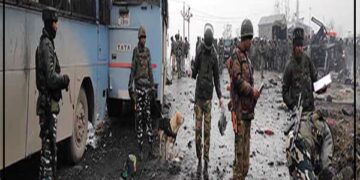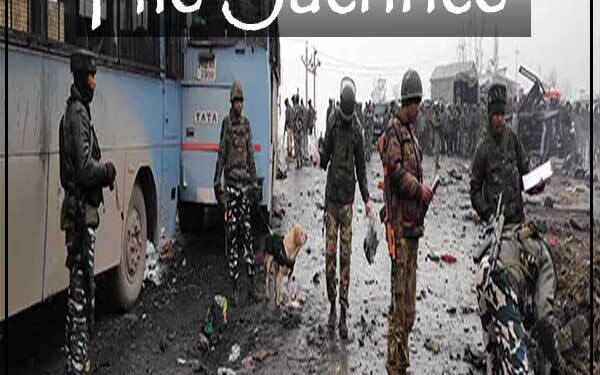What if the Pulwama attack wasn’t just a national tragedy, but a mirror reflecting deeper truths buried beneath official narratives? A recent video featuring CRPF jawans has reignited disturbing questions that go beyond the surface, pushing us to reevaluate what we were told — and what might have been deliberately hidden.
On February 14, 2019, the nation was shaken when 40 CRPF personnel lost their lives in a suicide bombing in Pulwama, Jammu and Kashmir. The attack was immediately blamed on the Pakistan-based terror group Jaish-e-Mohammed, and it became a turning point in India’s internal and external political discourse. Emotions ran high, nationalism surged, and retaliatory airstrikes followed — all while questions were buried under the weight of patriotic fervor.
But what if those questions never went away?
A new, unsettling video featuring CRPF jawans has surfaced, sparking renewed debate. The jawans raise critical concerns about the operational lapses, poor intelligence inputs, and ignored warnings in the days leading up to the attack. Some even suggest that standard convoy protocols were flouted, leaving the personnel exposed in a conflict-prone region.
Their testimonies reveal a systemic failure:
- Why was such a large convoy allowed to travel without air cover in a high-threat area?
- Why were multiple alerts ignored by the authorities?
- Who approved the movement despite the reported risk?
Even more disturbing is the silence that followed. The families of the martyrs have long demanded transparency, but answers remain elusive. Were the soldiers’ lives caught in the crossfire of larger political games? Was the tragedy preventable — and if so, why wasn’t it prevented?
As the video gains traction online, many are demanding an independent probe. If the voices of the very people we call heroes are raising alarms, can the nation afford to look the other way?Pulwama
The Pulwama attack will always remain etched in our collective memory. But now, it may also be remembered as the moment we chose to question, to confront uncomfortable truths, and to seek justice not just for the fallen, but for the future.
Because honoring sacrifice also means demanding accountability.
Also Read : Wedding Mayhem in Lalitpur: Bride and Groom Trade Blows During Ceremony 2025















 Categories
Categories









